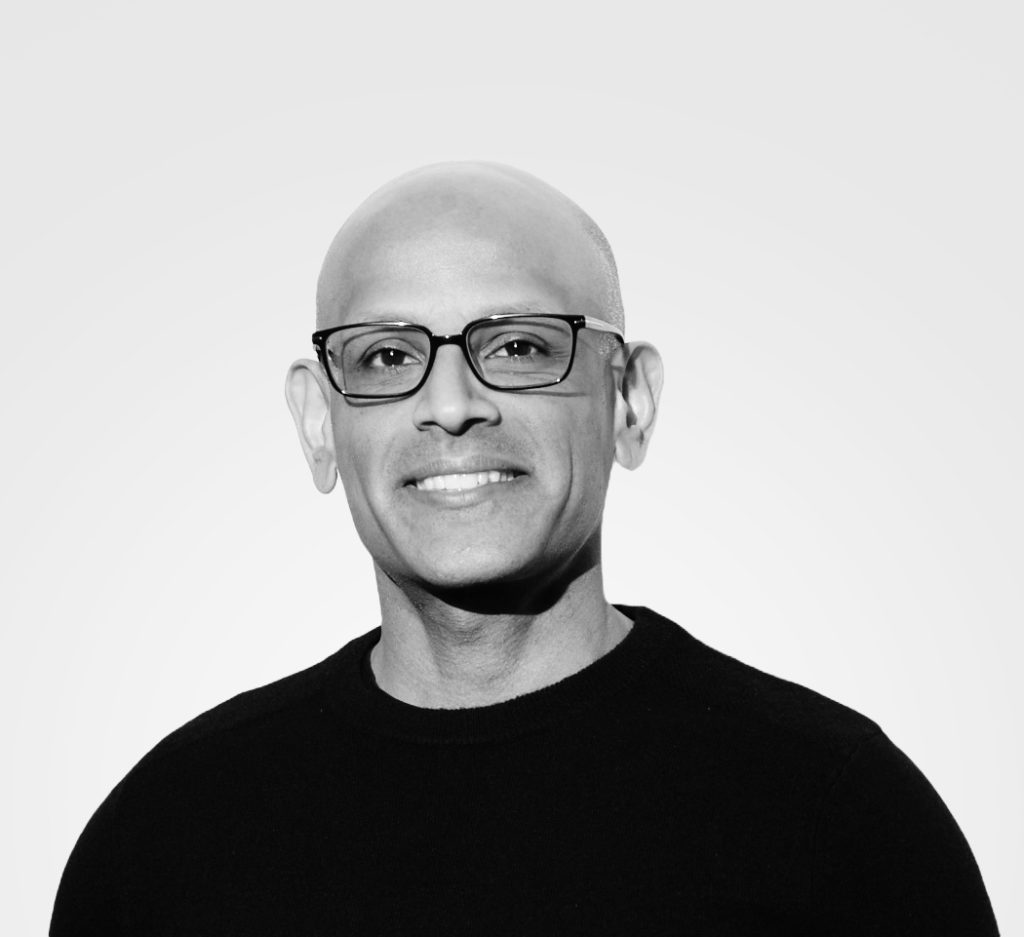Summarize this content to 2000 words in 6 paragraphs
Jay Parikh will lead the new CoreAI — Platform and Tools division at Microsoft. (Microsoft Photo)
Microsoft is creating a new engineering division, led by the former global head of engineering at Facebook (now Meta), that will be responsible for building fundamental AI technologies and tools for the company and its customers.
Jay Parikh, who joined Microsoft in October, will lead the new division, dubbed CoreAI — Platform and Tools, as its executive vice president, according to a memo to employees Monday morning from Microsoft CEO Satya Nadella.
Nadella said the new division reflects the next stage of the industry’s AI platform shift. He that 2025 will be a year in which AI models change the fundamental nature of commonly used applications.
“More so than any previous platform shift, every layer of the application stack will be impacted,” the Microsoft CEO wrote. “It’s akin to GUI, internet servers, and cloud-native databases all being introduced into the app stack simultaneously. Thirty years of change is being compressed into three years!”
Parikh will work closely with the leaders of other Microsoft engineering divisions: Scott Guthrie, Microsoft Cloud + AI; Rajesh Jha, Experiences + Devices; Charlie Bell, Microsoft Security; and Mustafa Suleyman, Microsoft Consumer AI; as well as Microsoft CTO Kevin Scott, according to Nadella’s memo.
Reporting to Parikh will be Erik Boyd, CVP, AI Platform; Jason Taylor, Deputy CTO, AI Infrastructure; Julia Liuson, President, Developer Division; and Tim Bozarth, CVP, Developer Infrastructure, and their respective teams.
The company’s Developer Division and AI Platform groups will join the new division, along with some teams from Microsoft’s Office of the CTO, focusing AI agents, supercomputing, and engineering quality and metrics.
Nadella described the company’s focus on AI agents as part of the memo.
RELATED STORYAI Dreams: Microsoft @ 50, Chapter 1
“We will build agentic applications with memory, entitlements, and action space that will inherit powerful model capabilities,” he wrote. “And we will adapt these capabilities for enhanced performance and safety across roles, business processes, and industry domains. Further, how we build, deploy, and maintain code for these AI applications is also fundamentally changing and becoming agentic.”
The company has benefitted significantly from its OpenAI partnership and investment in recent years, while also continuing to develop and deploy its own AI technologies. Microsoft faces stiff competition in AI from fellow cloud giants Amazon Web Services, Google, Salesforce, and many others.
Microsoft said last week that it will spend $80 billion on datacenters to train and deploy AI this fiscal year, which began in July.
Microsoft CFO Amy Hood said in October that the company’s AI business would hit a $10 billion annual revenue run rate in the quarter that ended in December.
Parikh was VP and global head of engineering for Facebook (now Meta) for more than 11 years, from 2009 to 2021, before leading security technology company and compliance company Lacework as its CEO.
He joined Microsoft in October without a formal title or role, with plans to spend time learning about the company and meeting with its leaders, customers, and partners before his role was determined.












